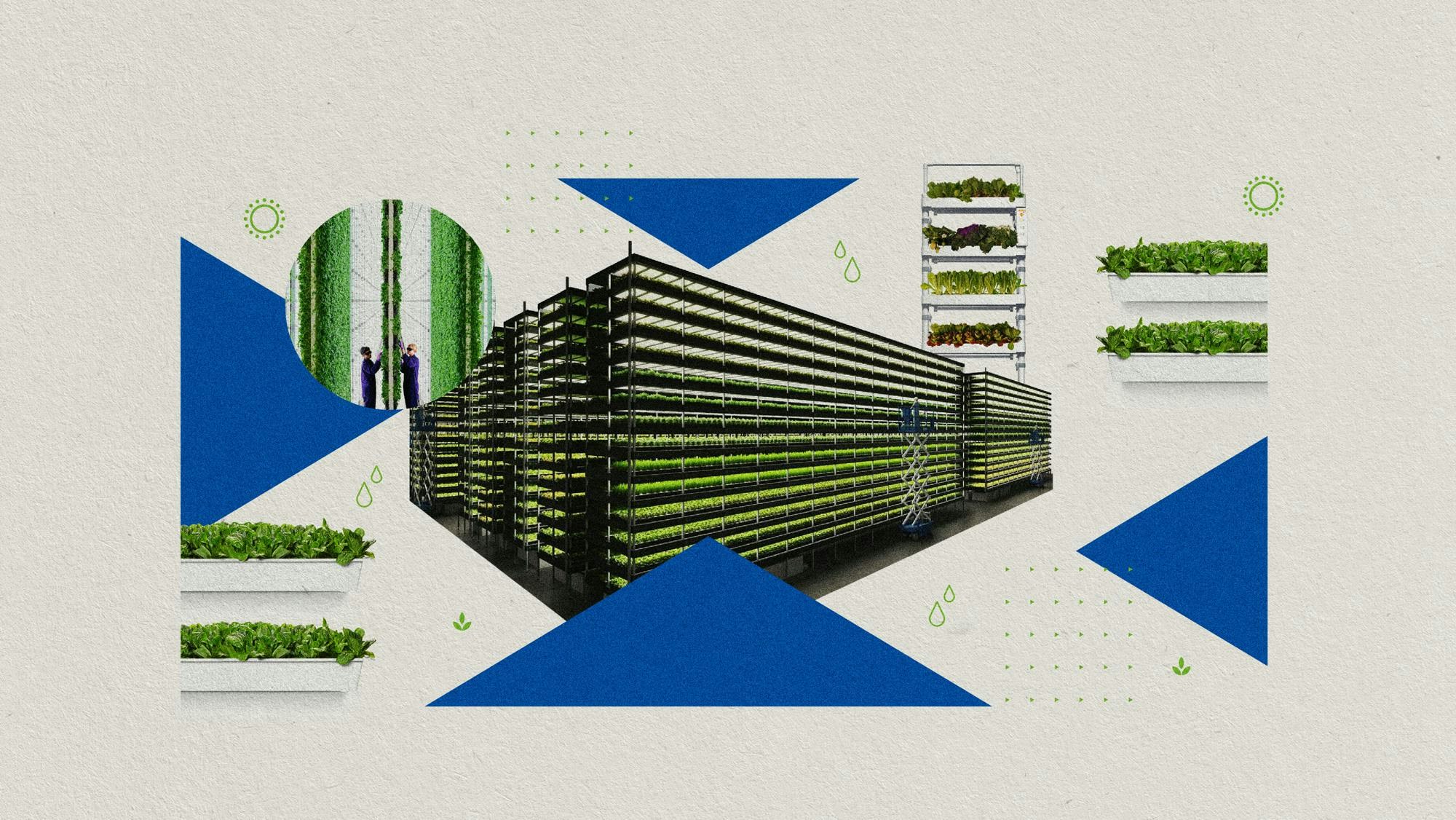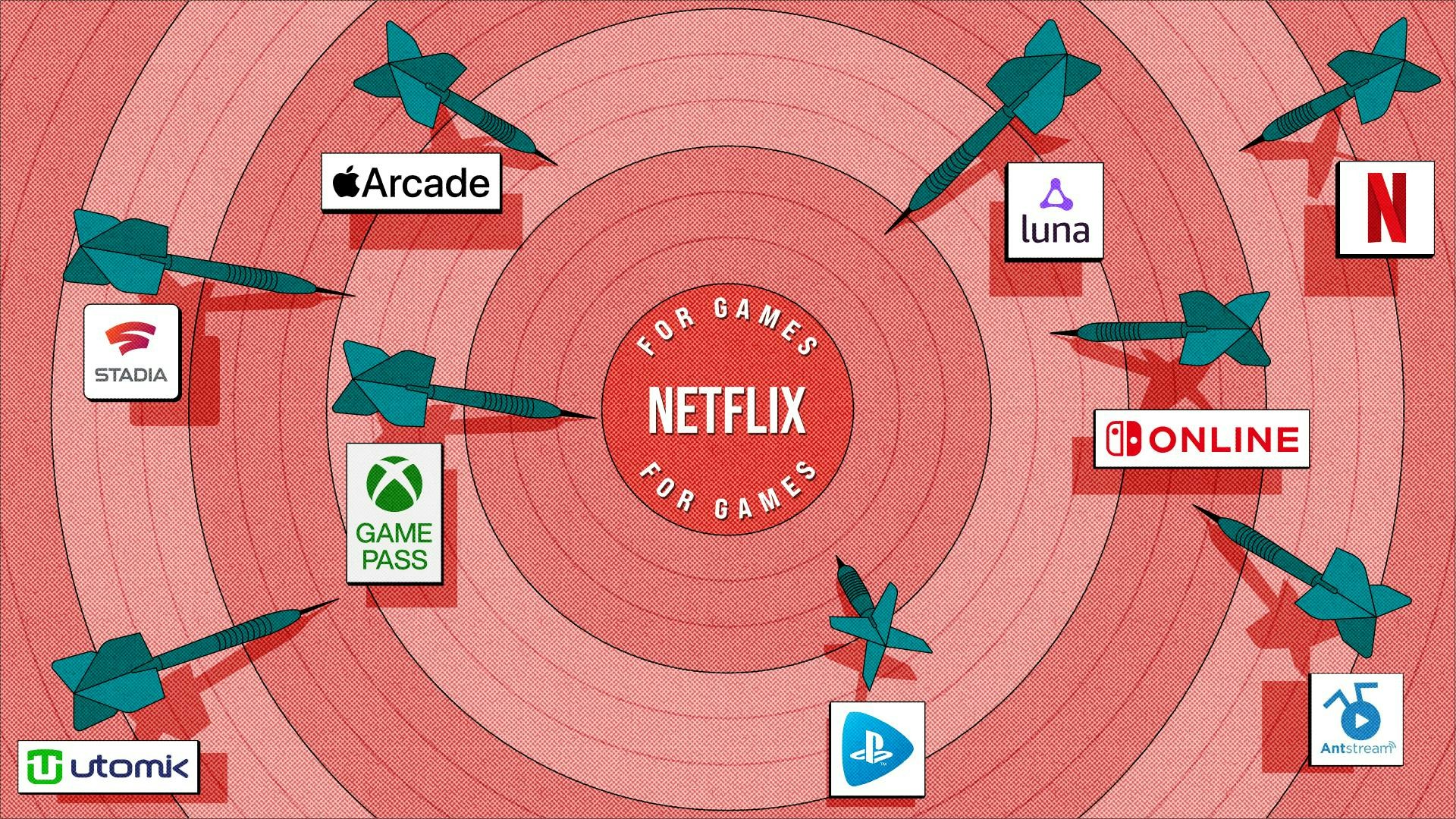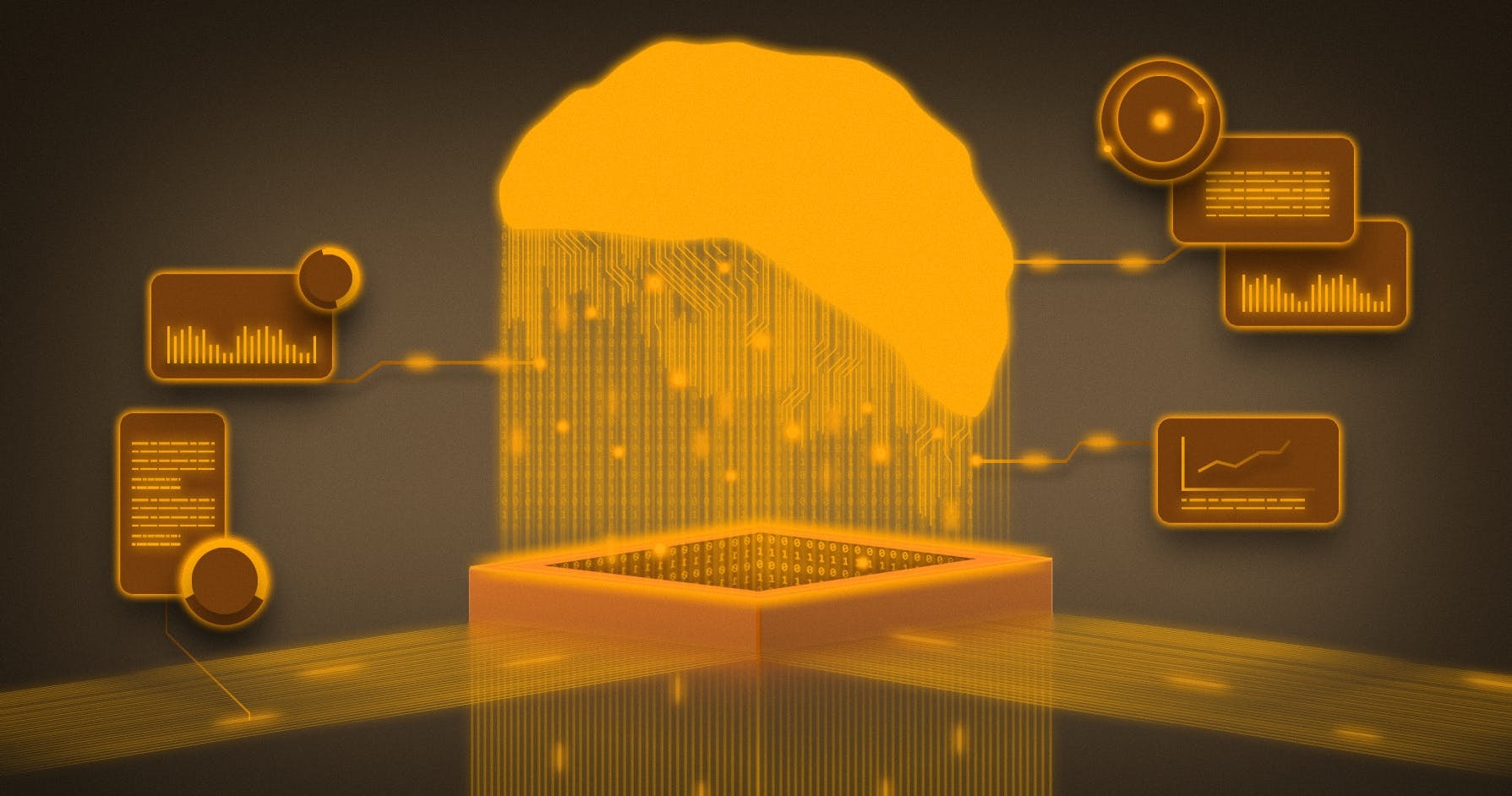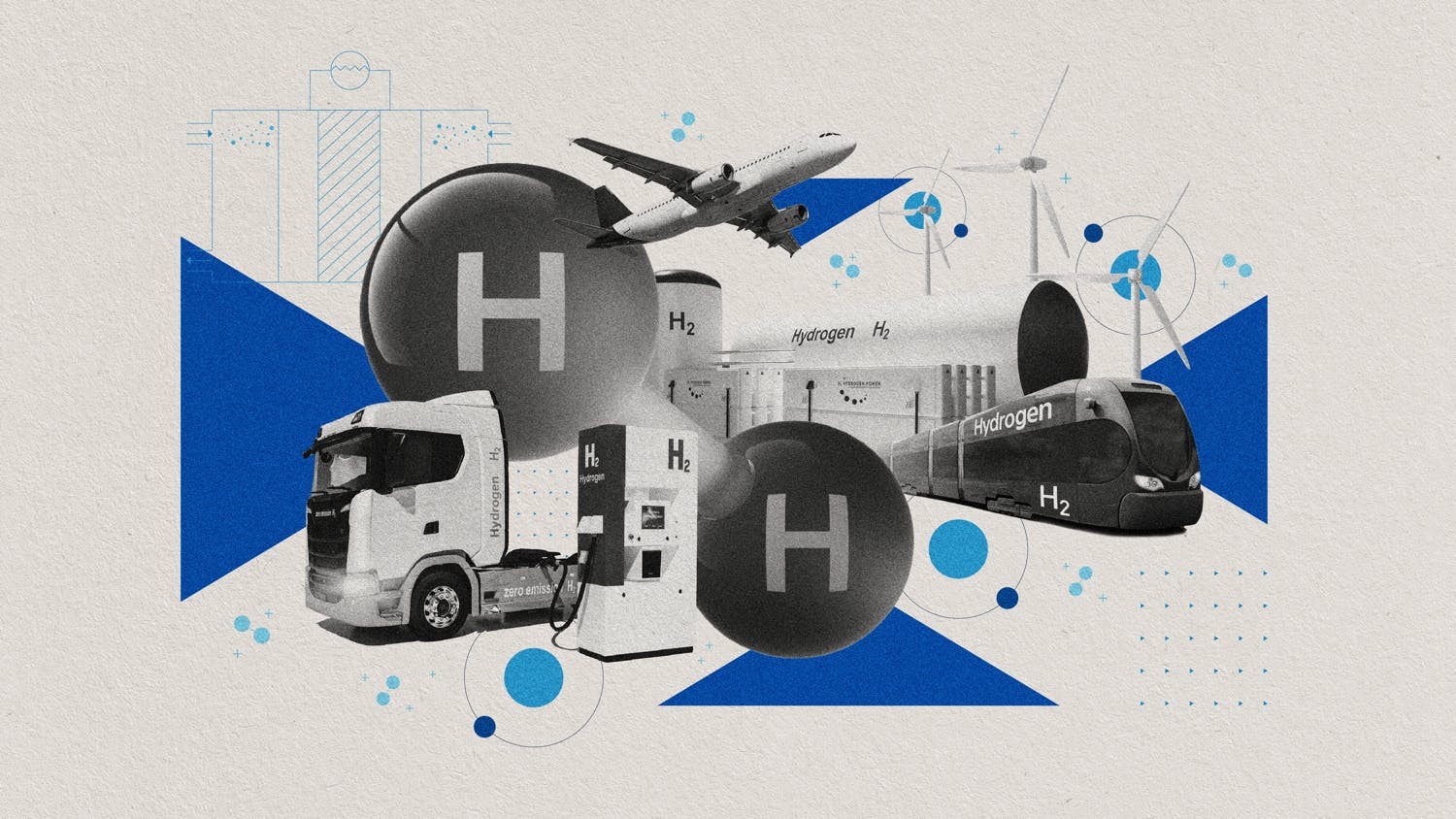Category:
Topic:
02/03
Sophisticated technology analysis made easy
The global data analytics platform for policy makers, investors and corporations financing emerging technology.
03/03
Get in touch
Connect with us in your preferred channel.
Category:
Topic:
02/03
Sophisticated technology analysis made easy
The global data analytics platform for policy makers, investors and corporations financing emerging technology.
03/03
Connect with us in your preferred channel.

Aerographene is a two-dimensional carbon nanomaterial. It's is about 6 times lighter than air and can perch, without trouble, on a single flower petal. How far is it from leaving the realm of sci-fi?

Claytronics, or programmable matter, are a “dough” composed of nano robots that can take on any shape. How close is this sci-fi sounding tech to mainstream reality?

The metaverse comprises a collection of virtual spaces that enable social connection. Hypothetically, it could become a unified world that transcends physical and digital borders.
If you’re reading this, perhaps it’s no surprise to you that there is a commercial and strategic value to the data we generate all day, whether online or offline. In terms of the sheer volume of that potential, these are unprecedented times: 90 percent of existing data was generated in the last 2 years.

One sustainable technology, linked to agriculture, has attracted attention since the 1990s, and could benefit from a financial “push” from countries: Vertical farming. Growing food in vertical stacks and controlled environments was showcased during the Cop26, when Glasgow inaugurated its first such farm.

The rise of Netflix was transformative for the TV industry. Now subscription services are changing the world of games.

The versatility and ubiquity of artificial neural networks in AI applications has driven spectacular growth in technology use, in virtually every facet of modern life.

On November 2nd, the COP26 launched the Glasgow Breakthroughs. Five key sectors, including hydrogen, were identified as priorities. Green hydrogen components—like fuel cells—could impact transportation and shipping, industrial ecosystems, and the global energy market.

The US, China and the UK lead in quantum computing R&D, with the US topping all other countries in patents, publications, grants and investments. France and Germany lead in Europe. In 2021, Angela Merkel unveiled the first quantum computers, developed by Fraunhofer-Gesellschaft and IBM.